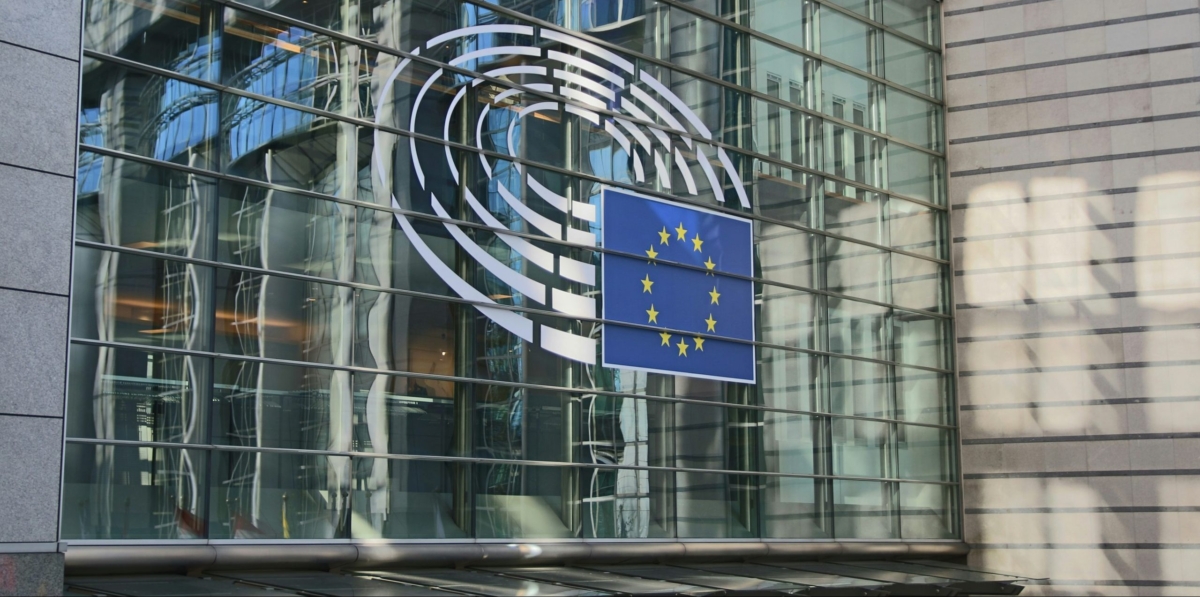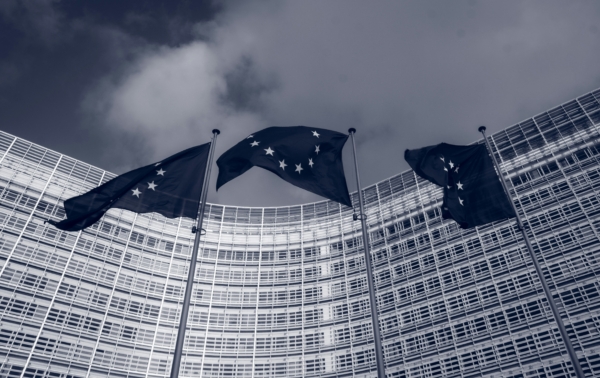The following letter was signed by Transparency International EU and the undersigned organisations. It can be accessed as a PDF file here.
24 January 2024
Dear Vice-President Jourová,
Dear Vice-President Barley,
Dear Chair Mr De Meo,
Honourable Member Mr Freund,
Dear Mr Bernard,
H.E. Ambassador Van De Voorde,
As civil society organisations working on transparency, integrity and accountability at the EU level, we are writing to you to express our concern over the current state of the negotiations on the proposal to establish an interinstitutional ethics body.
In her political guidelines at the beginning of the legislative term, Commission President Ursula von der Leyen made a very important promise: to establish an Ethics Body for all EU institutions.
But only in June 2023 did the Commission come forward with its long-awaited proposal. It is critical that an agreement is reached before the European Parliament elections, to demonstrate the EU’s commitment to integrity in policymaking, especially following the so-called Qatargate scandal in December 2022. However, the institutions have not been able to agree on the proposed text over the last months.
We believe that the underlying problem in all recurrent scandals involving the EU institutions is the system of self-policing, where Commissioners, officials and MEPs must judge one another in their respective systems, a puzzle of different bodies with weak competences and lack of impact. What is currently on the table – an ethics body that will bring the institutions together to work on common minimum standards – will therefore miss the point of the core problems: inadequate integrity rules of the institutions and ineffective enforcement of the existent rules.
There are several international examples of authorities of this kind, which could serve as a model and be adapted to the EU institutional framework. The French High Authority for the transparency of public life (HATVP) is the gold standard here.
Based on this model, and to ensure that the negotiations on the EU Ethics body are genuinely fit for purpose, we ask the co-legislators to:
- Ensure the independent experts can verify all declarations of interest and examine individual cases of alleged breaches of ethics standards. At the same time, it is of utmost importance that the procedure to examine individual cases is not too lengthy and possible breaches are promptly identified, investigated and sanctioned.
- Grant the necessary financial resources to the body. Only a credible budget would allow the EU Ethics Body to conduct its activities and ensure integrity in the EU institutions.
- Ensure all members of the EU institutions are covered by the body, including the representatives at ministerial level of the Member State holding the Presidency of the Council. Only in this way would the EU Ethics Body be able to have an overarching approach.
The creation of an EU ethics body without these fundamental elements would not be fit for purpose.
We cannot support the proposal as it stands, and we strongly urge you to reconsider your approach.
As you continue your negotiations on this proposal, we urge you to undertake any discussions as transparently as possible. Failure to do so would further undermine the legitimacy of a proposal centred on ensuring and upholding integrity in European policymaking.
We are at your disposal for any queries.
Yours sincerely,
Transparency International EU
LobbyControl
Corporate Europe Observatory







